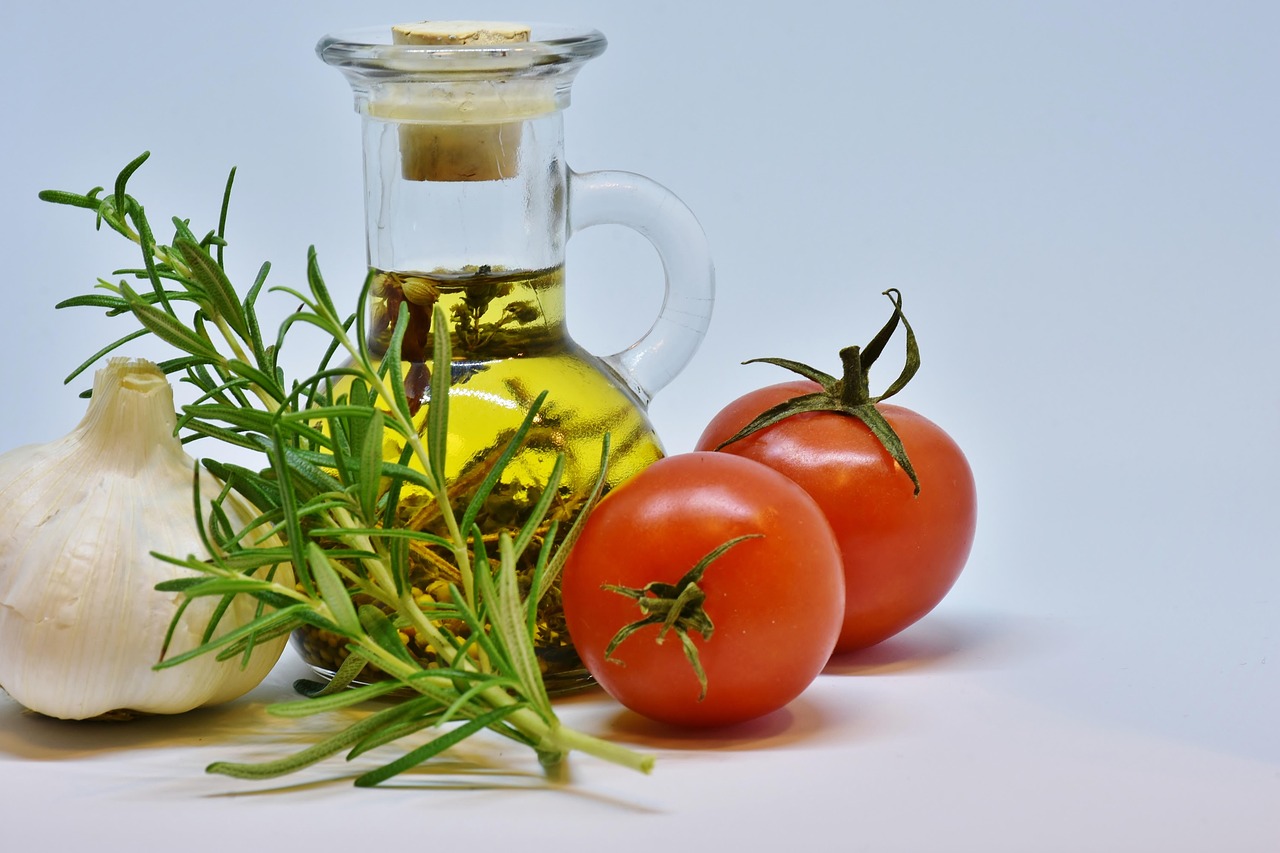
Recent claims about the dark side of seed oils are cropping up everywhere. Just when it felt safe to cook in the kitchen, these claims about oils from seeds may make you second guess what’s in your pantry. Don’t stay in the dark! Let’s shed some light on seed oils and their health profile.
Social media and health influencers tend to describe seed oils as “bad,” “toxic,” or “unhealthy.” Be cautious when you see these sensational labels in the media or online. The claims and demonizing messages about seed oils often center around three areas: the processing of seed oil, nutrient content of seed oil, and health impact of seed oil. Not all these claims are based on scientific evidence but may be from personal viewpoints, partial truths, or misinterpreted facts.
What are Seed Oils?
Seed oils are vegetable oils extracted from plant seeds (canola, corn, flaxseed, grapeseed, rice bran, peanut, sesame, soybean, sunflower, walnut, etc.).
Processing of Seed Oils
The oils of plant seeds can be extracted by chemical processing. The negative buzz about chemically extracting oil revolves around the misleading claim that toxic byproducts used during processing, such as hexane, remain in the oils. In truth, the hexane used in extraction evaporates off the product. If any trace amounts remain, they are at or below the safety standards set by regulatory authorities.
Another confusing aspect of seed oils is that people lump them into the huge group of “processed foods,” which some label as unhealthy. Actually, there isn’t just one group of “processed foods,” but there is a large spectrum of food processing, ranging from minimal to ultra-processed foods. Nutrient volume and health benefits vary in each level of food processing, so it is not accurate to claim that all processed foods are bad or unhealthy. However, limiting the use of ultra-processed foods can help reduce the risk of chronic conditions like heart disease, diabetes, and cancer. Oils are categorized as a “processed culinary ingredient,” not an ultra-processed food. Processed culinary ingredients are products produced from natural ingredients and used to season and cook foods.
Nutrient Content of Seed Oils
Seed oils carry essential nutrients called omega-6 fatty acids. These acids have important benefits such as supporting cell function and heart health while also limiting cell damage that may lead to chronic disease. Seed oils are one of many sources of omega-6 fatty acids, along with almonds, walnuts, sunflower seeds, tofu, and egg yolks. For overall health, you need a balance of omega-3 and omega-6 fatty acids from a variety of food sources in your eating pattern. Using modest servings of seed oil in your diet can help to limit your omega-6 fatty acid intake to the recommended amount. Health experts suggest omega-6 fatty acids make up 5 to10% of daily calories or about 5 to 11 grams in a 2,000-calorie diet.
One misleading assumption often spread online is that since omega-3 fatty acids are anti-inflammatory, omega-6 fatty acids must be inflammatory. Not true! More research is needed, but scientists continue to evaluate how omega-6 fatty acids may actually convert into a compound that helps fight inflammation. However, remember there is no substitute for a well-balanced pattern of eating to support good health and reduce internal inflammation.
Health Impact: Are Seed Oils Harmful?
Omega-3 fatty acids and omega-6 fatty acids are both types of polyunsaturated fats. Polyunsaturated fats are essential fats, meaning fats your body needs for normal body functions. We must eat polyunsaturated fats in foods as our body cannot make them. Polyunsaturated fats perform many important roles in our body such as covering nerves, building cell membranes, blood clotting, and muscle movement. They also support our health by playing a role in inflammatory processes, reduction in cholesterol, and reducing our risk of heart disease. Although we need to consume more omega-3 fatty acids than omega-6 fatty acids, we still need to consume both omega-3 and omega-6 fatty acids.
Smart Tips for Using Seed Oils
Here are some considerations and tips for including seed oils to support your health goals:
- There are no “good” or “bad” foods. Rather it’s the variety of foods from all the food groups you enjoy each week that supports your health goals.
- Seed oil, like other plant oils, can be part of an healthy eating plan if you choose. A teaspoon or two of seed oil provides nutrients, taste, and calories. When you use seed oils at home to prepare healthy meals, there can be other health benefits, especially when seed oil replaces saturated fats (for example: butter or coconut oil).
- Focus on what’s important to you related to taste, health benefits, and your budget. When sauteing vegetables with a dash of seed oil or adding dressing with seed oil to a colorful salad, the health properties including the nutrient-density of these dishes have more health benefits than any negative claims of seed oil. Seed oil can be less expensive, have a higher-smoke point (safer for cooking at higher temperatures), and carry a wider depth of flavor than oils pressed from plants, such as olive and avocado.
- Avoid nutrition information that presents an “all-or-nothing” mentality and uses labels such as toxic, good, bad, clean, dirty, or harmful. Look for information based in science, not sensationalism. Moderation is key!
Through LLS’s Nutrition Education Services Center patients and caregivers of all cancer types can receive a free nutrition consultation with a registered dietitian who has expertise in oncology nutrition.
Resources
